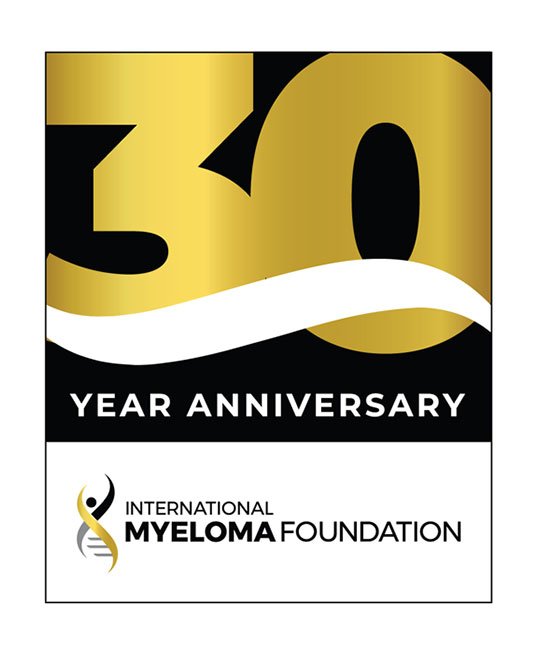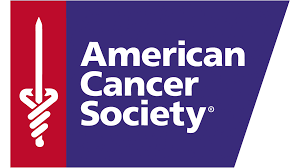New Report Reveals Big Pharma’s Influence On Patient Advocacy Groups
Part of an ongoing CtWatchdog series on high drug and medical costs
In a startling report today, more than a dozen patient advocacy groups – such as the American Cancer Society – have been outed as being partially funded and controlled by big pharma.
While earlier reports have linked big pharma helping to finance advocacy groups, the latest probe appears to break new ground.
Those are the findings of a new report issued today by Patients For Affordable Drugs, following a lengthy investigation.
The Hidden Hand: Big Pharma’s Influence On Patient Advocacy Groups details the financial and organizational relationship between major drug corporation and some of the largest drug companies.
That relationship, the report says, may explain why the patient advocacy groups have in large part failed to join the battle to reduce drug costs in the U.S. – highest in the industrialized world.
Patient Assistance Charities Tools Of Drug Industry
The report also documents the role of Big Pharma money in “multimillion dollar patient assistance ‘charities’ and so-called “astroturf” groups that claim to speak for patients, but are actually tools of the drug industry created to serve its interests, including protecting its unilateral pricing power,” says a press release about the report.
While some of these groups disclose they receive funds from big pharma, they don’t disclose the complete picture of how much they receive. They also do not make clear other connections, like the amount of influence drug companies have through their former and present executives in leadership positions.
“Legitimate national patient organizations provide important services including patient education and support, advocacy to ensure adequate coverage, and research into new treatments. But they rely heavily on pharmaceutical corporation funding, which they often obscure,” said David Mitchell, a cancer patient and founder of Patients For Affordable Drugs.
“As a result, on the issue of drug pricing, they have conflicts of interest that are readily apparent, and they are constrained from taking positions opposed by their industry funders.”
“Although many of the 15 groups supported lowering out-of-pocket costs, which is supported by the industry, not one supported proposals allowing Medicare to negotiate lower drug prices in the last two years, a policy opposed by the industry.”
For instance, the report say that the American Cancer Society:
Fails to disclose how much revenue it receives from the pharmaceutical industry
Is led by a former pharma executive
Refuses to back policy provisions that would allow Medicare to negotiate lower drug prices
At least three of the 22 members of the Society’s board of directors are drug company executives
International Myeloma Foundation
“Patients, policymakers, and media need to know when they hear from a patient group on a policy issue that funding from drug companies may affect the positions the organization takes.
“We learned that a group representing patients with my cancer — the International Myeloma Foundation — relied on two drug corporations for 57 percent of its total funding in 2019,” Mitchell said. “That helps explain positions it has taken in the past opposing reforms to lower drug prices and its failure to speak in favor of reforms Americans overwhelmingly support, like direct Medicare price negotiation.”
 |


